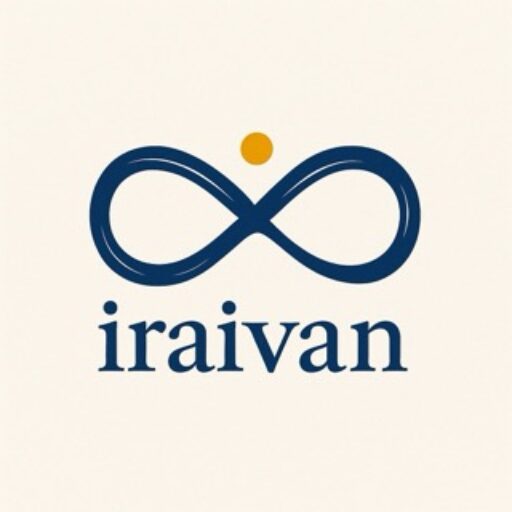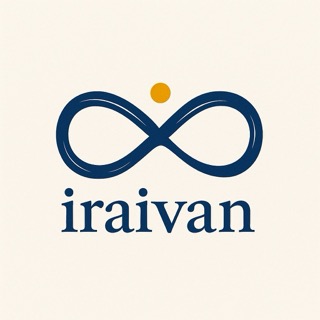In the great epic Mahabharata, Bheema’s name stands out—not just for his immense strength, but also for his legendary appetite. Interestingly, he was granted a boon where fasting on a single day, Nirjal Ekadasi (without food or water), would bring him the benefits of all other Ekadasis.
My First Experience with Nirjal Ekadasi
In 2017, I decided to observe this challenging fast for the first time. The day without food or even water was difficult, especially as evening approached. However, with the grace of God, I completed it successfully. Since then, I’ve regularly observed Ekadasi fasting, abstaining from white rice and often relying on minimal liquid intake.
Ekadasi and Spiritual Growth
Ekadasi fasting is more than a religious ritual—it’s a spiritual cleanse. It is believed to help burn bad karma and strengthen one’s connection with the divine. As a smarta, I fasted on every Ekadasi for three years in honor of Lord Vishnu, gradually adopting the rigorous Nirjal Ekadasi. This practice, supported by my family’s care and healthy meal preparation the next day, helped me maintain a balanced lipid profile.
Sabarimala Pilgrimage and Daily Fasting
Another practice that prepared me for fasting was my pilgrimage to Sabarimala. During the Karthigai month, I wore the Ayyappa mala and observed fasting every morning until the pilgrimage concluded. This discipline closely aligns with what modern science now calls Intermittent Fasting.
From Ancient Wisdom to Modern Trends
Isn’t it fascinating how many ancient practices resurface with a modern twist? When our ancestors taught us these methods, we often dismissed them. Yet, when rebranded as “Intermittent Fasting,” the same idea becomes widely popular. Marketing and modernism often rekindle what has been ours all along.
Similarly, concepts like “Super Brain Yoga,” derived from traditional practices, are examples of ancient wisdom repackaged for a global audience.
Benefits of Intermittent Fasting
- Improved Metabolic Health: Helps regulate blood sugar and cholesterol levels, improving overall lipid profiles.
- Weight Management: Supports healthy weight loss by enhancing fat burning.
- Increased Energy and Focus: Promotes mental clarity by allowing the body to rest from digestion.
- Cellular Repair: Encourages autophagy, a process where cells remove damaged components.
- Spiritual Discipline: Strengthens willpower, discipline, and connection to traditional roots.
What other ancient practices do you recall that have been reintroduced with a modern name? Let’s rediscover and celebrate the wisdom of our ancestors!







